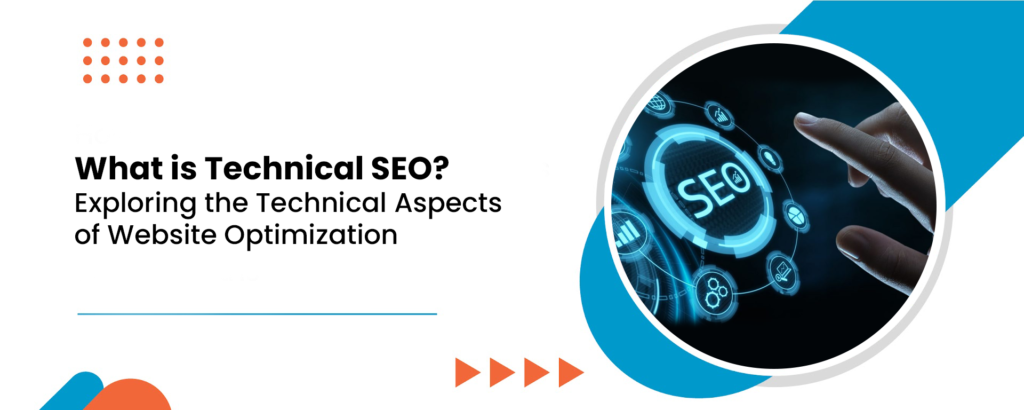Master Technical SEO: Boost Search Visibility
Enhance website performance, improve search rankings, and optimize user experience with powerful technical SEO strategies today.

What Is Technical SEO and Why Does It Matter?
Understanding Technical SEO
Technical SEO refers to optimizing your website’s technical elements to ensure that search engines can efficiently crawl, index, and rank your pages. It focuses on backend improvements that enhance the site’s foundation, structure, and usability, benefiting both search engines and users.
These optimizations involve:
- Crawling: Ensuring search engines can navigate your site.
- Indexing: Guaranteeing your content is stored and displayed in search results.
- Performance: Enhancing loading speed and mobile responsiveness.
Why It Matters
Technical SEO lays the groundwork for broader SEO strategies. Without it:
- Visibility Issues: Pages may not appear in search results, no matter how valuable their content is.
- Poor User Experience: Slow speeds or mobile incompatibility can drive users away.
- Search Engine Penalties: Errors or vulnerabilities can lower rankings.
Investing in technical SEO ensures your website performs optimally, retains visitors, and ranks higher in search engines.

Why Is Technical SEO Crucial for Your Website's Success?
Importance of Technical SEO
Technical SEO acts as the cornerstone of your website’s search engine optimization strategy. Without a technically sound website, even the best content and link-building strategies can fail.
Key reasons for its importance:
- Search Engine Accessibility: Ensures search engines can discover and index all valuable pages.
- Enhanced User Experience: Optimized sites load faster and adapt to various devices, encouraging users to stay longer.
- Ranking Benefits: Factors like mobile-friendliness and HTTPS security are recognized ranking signals.
Consequences of Poor Technical SEO
- Missed Opportunities: Pages that can’t be indexed won’t rank, resulting in lost traffic.
- Decreased Engagement: Users abandon slow or unresponsive sites, reducing conversion rates.
- Reputational Damage: Security vulnerabilities or outdated designs can deter users from trusting your site.

What Are Additional Technical SEO Best Practices to Follow?
Advanced Technical SEO Techniques
Implement HTTPS:
- Secure your website with SSL/TLS certificates to protect user data and improve trust.
Optimize Page Speed:
- Compress images and use caching tools to enhance load times.
- Tools like Google PageSpeed Insights can identify specific issues.
Fix Duplicate Content:
- Merge or differentiate duplicate pages.
- Use tools like Semrush to identify duplicates and consolidate them.
Ensure Mobile Friendliness:
- Test responsiveness using Google’s Mobile-Friendly Test.
- Optimize layouts for smaller screens.
Monitor Crawl Budget:
- Prioritize key pages by managing your site’s crawl efficiency.
- Use fewer redirects and clean up unnecessary URLs.
Tools to Help with Technical SEO
- Google Search Console: For sitemap submission and error detection.
- Screaming Frog: For auditing crawl and index issues.
- Semrush: Comprehensive SEO analysis and recommendations.

